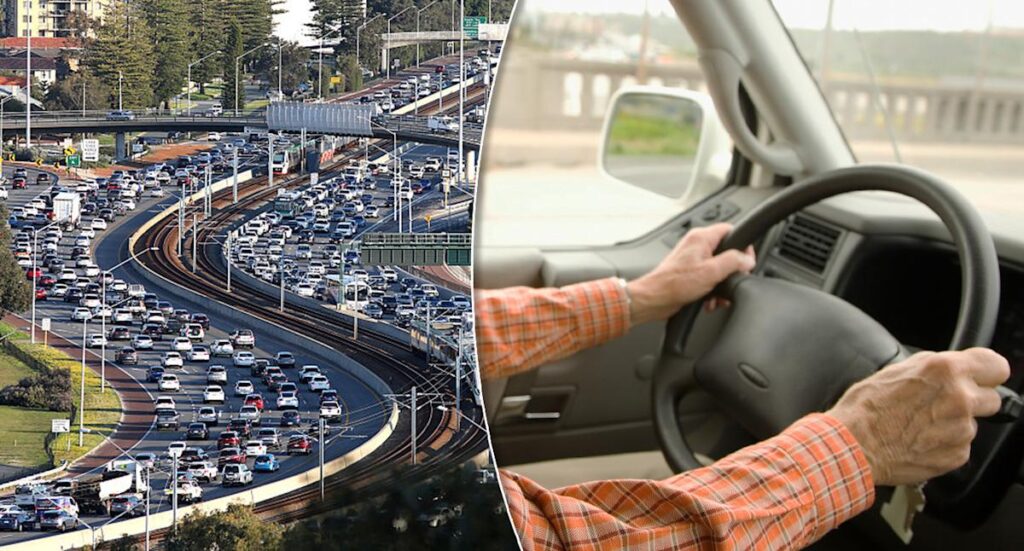
Transport authorities in Australia have dismissed viral reports claiming a nighttime driving curfew for individuals over the age of 60. The Department of Transport and Major Infrastructure (DTMI) in Western Australia responded after misinformation circulated widely online, causing distress among the elderly population.
Numerous fake publications, many believed to have been generated by artificial intelligence, reported that senior drivers would be prohibited from operating vehicles on Western Australian roads between 10 PM and 5 AM. These reports suggested that exceptions would only apply in emergencies or for special permit holders. Other articles hinted at impending stricter licensing regulations for elderly drivers.
DTMI Confirms Reports Are False
Amid growing alarm, the DTMI issued a statement to clarify the situation. “You may have seen social media posts and videos that claim a nighttime driving curfew will be introduced in Australia for drivers over the age of 60. This is false,” the department stated, emphasizing that the fabricated information has been extensively shared online and has caused unnecessary panic.
The erroneous reports implied that the curfew would be implemented within the year as part of measures to enhance road safety. They referenced studies claiming that elderly drivers contributed to rising collision rates on state roads. Concurrently, the state of Victoria is discussing stricter licensing rules for elderly drivers to align with regulations in other regions.
Critical Steps for Verifying Information
In light of the incident, the DTMI is urging Australians to critically evaluate the information they encounter on social media before sharing it. The department advises the public to follow several steps: check the validity of the website, consult state and federal resources, and be wary of AI-generated content. A notable indicator of inaccuracy can be the use of American spelling instead of Australian.
“If you are unsure if the information you are about to share is true or not, always check official sources before hitting ‘post’,” DTMI warned.
Concerns regarding the safety of elderly drivers are not unfounded. Age-related physical and cognitive decline can affect driving abilities, including reduced vision and slower reaction times. Statistics from the ABC highlight that older Australians are over-represented in fatal crash data. In the year leading up to July, more than 30 percent of road fatalities involved individuals aged between 40 and 64, totaling 421 deaths. Following closely were those aged 26 to 39 years, with 290 deaths. Notably, over 25 percent of road deaths involved individuals aged over 64, with the most significant increase in fatalities observed among those aged 75 and older, reflecting the country’s aging demographic.
As discussions continue regarding road safety and regulatory measures, the DTMI’s clarification serves as a reminder of the importance of verifying information before sharing it in the digital age.





